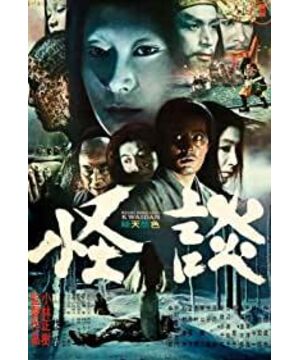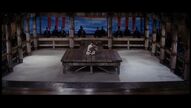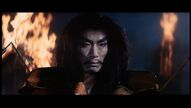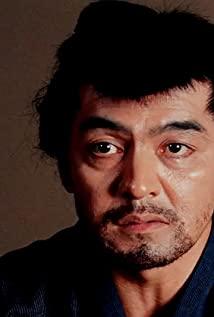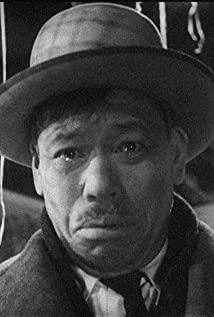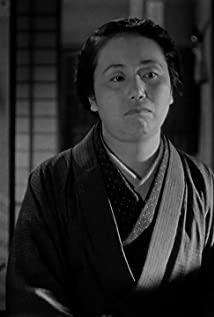I still admire the director's ability to turn the Japanese folk legends into real movies. After all, the reason why the strange legend is fascinating is that it is something that is passed down by word of mouth. It is not necessary to pursue details and rigorous logic. Its best performance is enough to be heard by people. But the director has just the right thing to use the common studio scenes of that period to shoot. The non-physical scenes remove redundant details and create a weird atmosphere. If it was produced in the method of this period, coupled with the procrastination of the rhythm, it would not be able to express this kind of anecdotal story. This grotesque story itself is a fast-paced, story-heavy after-tea chat.
Among these stories, my favorite is Wu Er Fang Yi. The battle mentioned in the story is the very famous Battle of Tanura in Japanese history. At the end of the Heianjing era, the Ping family, which was powerful and arrogant, was jointly attacked by various forces, and the leader of the army was the Genji family. After several years of fighting, the Hei family's power is approaching, and they have a decisive battle with the Gen family at Tannoura in the Kanmon Strait. After a fight, the soldiers of the Heike family saw that the situation was over, and they committed suicide by throwing themselves into the sea.
And it is this battle that Fangyi plays and sings for these wronged souls. Fang Yi's sobbing and low singing voice is full of chills and desolation, which is exactly the state of mind of those soldiers who committed suicide because of their wrongful convictions. How could Fangyi not save for these undead.
Fifty years of life are like dreams and illusions.
View more about Kwaidan reviews


